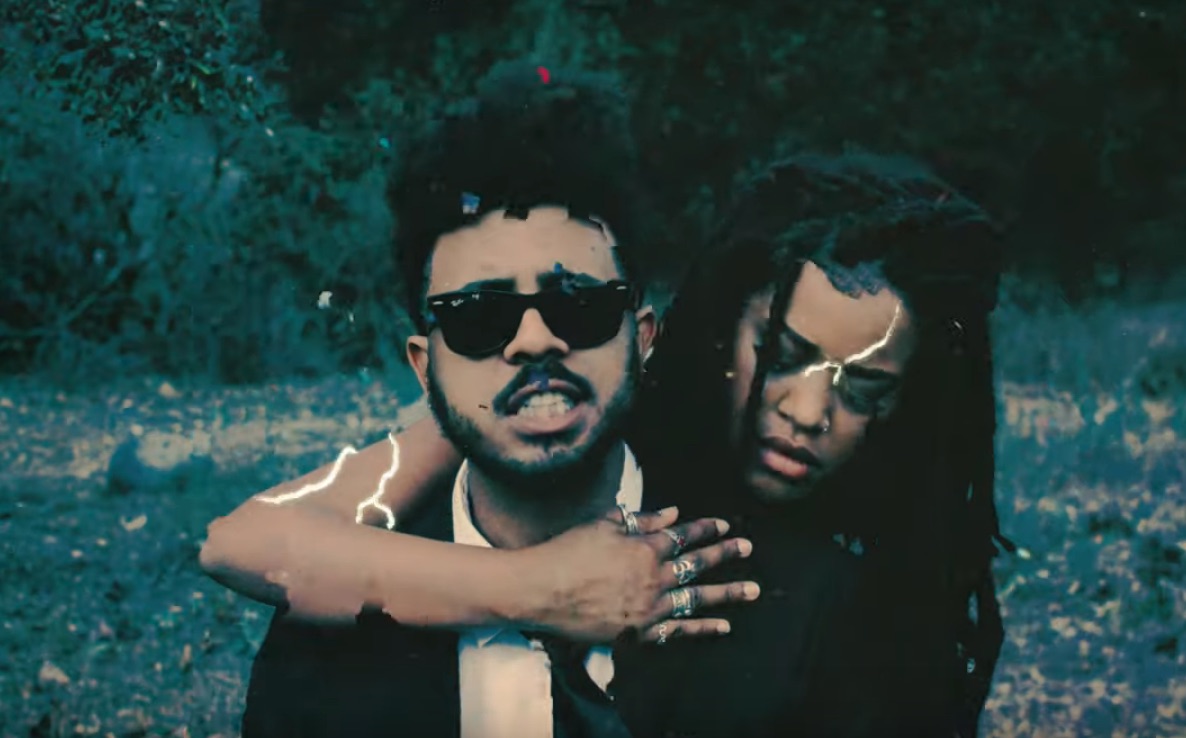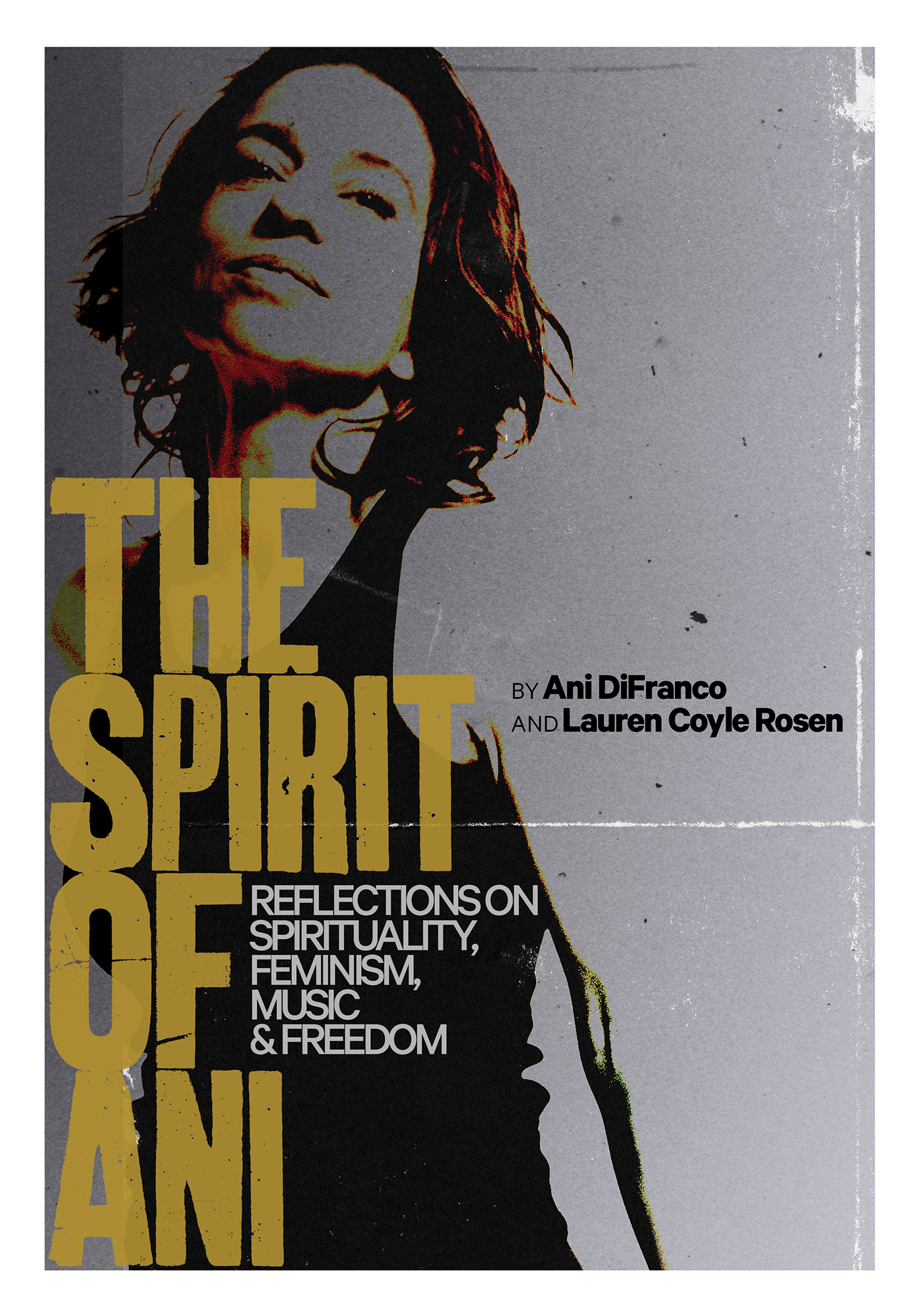A decade ago, XXL did its best to figure out where rap was going. They'd tried it once before, spotlighting a bunch of rising street-rap stars -- Lil Boosie, Young Dro, Saigon -- on the cover of a 2007 issue. But 2009 was the beginning of the XXL Freshman class, a mostly-annual institution that's come to define XXL during a time when magazines are having a hell of a time defining themselves. Broadly speaking, that 2009 issue figured out that rap was atomizing and going online -- that cult stars could become real stars, that nerdiness was no longer any sort of impediment, that the internet suddenly mattered a whole lot more than street-corner bootleg-mixtape dealers. But the future stars that XXL picked did not, for the most part, go on to become actual stars.
Of the 10 rappers on that XXL cover, only one, Kid Cudi, went on to become a popular star and a game-changer, a guy who would alter the sonic trajectory of rap music. A couple of them (Cory Gunz, Ace Hood)were well-connected industry hopefuls who would just kind of linger for years afterward. Another (Wale) was a well-connected industry hopeful who, after a few false starts, would become a solidly established B-level star. A few others (Asher Roth, Charles Hamilton, Mickey Factz) were internet insurgents who would take immediate nosedives. Another (B.o.B.) was an internet insurgent who would make a few gigantic hits and then take an immediate nosedive.
Some of those guys have careers now. Most of them don't. And other than Kid Cudi, the two who are doing the best for themselves are the ones who stayed underground. Curren$y, whose buzz would only increase when he teamed up with future XXL Freshman Wiz Khalifa, could've probably signed to a major label and chased stardom, the way Wiz (successfully, for a while) did. Instead, he continued to crank out mixtape after mixtape, putting together a discography too crowded to process but one that's full of low-key gems. The other, Blu, was an anomaly on that cover, a modest West Coast underground-rap traditionalist who wasn't getting a whole lot of industry buzz but who was beloved on the same thriving rap blogs where those other XXL Freshmen were making their names. So he was in. Blu never really chased stardom, but for a little while, stardom chased him.
It's been a messy decade-plus for Blu. In 2007, he teamed up with the producer Exile to release Below The Heavens, the album that got him onto the cover of that magazine. If you listen to Below The Heavens now, it sounds powerfully dated, full of the sort of performative sincerity and Common/Nas hero worship and post-Kanye helium-soul samples that the rap internet loved at the time. But it's also a confident debut from an obviously gifted young voice. You could hear the potential in it.
After that album, though, Blu flooded the zone, teaming up with too many producers to release too many indie albums. He briefly signed to Warner Bros., leaked a bunch of his own music, and got himself dropped a few years later. He released still more indie albums, some of them pretty good but none of them strong enough to capitalize on that Below The Heavens goodwill. He's come off as slightly rudderless and slightly unhinged, starting feuds with old collaborators over nothing. But now he's back, and that time in the wilderness has served him well.
Blu has just teamed up with the Oxnard producer Oh No for A Long Red Hot Los Angeles Summer Night, a sort of concept album that's the best thing I've heard from either of them in many years. Oh No's production style is rooted in East Coast boom-bap and in underground West Coast crate-digger crackle-whump, but there's always been an element of psychedelic splatter to it, too. He's come up with a series of tracks that glow gracefully but take unexpected turns. Juddering guitar riffs or claustrophobic sonar pings will suddenly rip through otherwise chilled-out tracks, keeping you nervous and on-guard. And that suits Blu, whose voice has hardened and contracted in the past decade. He's no longer expansively musing over the tops of beats. Instead, he's fighting upstream against them, and there's a concussive force to his staggered anti-flow. On a purely musical level, Blu and Oh No make sense together.
But a purely musical level isn't enough. Blu wants the album to encapsulate Los Angeles, a sunny and glamorous city where danger is always ready to suddenly erupt. So A Long Red Hot Los Angeles Summer Night takes its cues from past LA-rap symphonies like Good Kid, m.A.A.d. City and My Krazy Life. It's not as ambitious as either of those albums, artistically or commercially, and it's not as good as either of them, either. But it's got a similar wide focus, a loose narrative about a place where things can and will go wrong. Blu spends the first half of the album setting a scene for the album. The second half is a connected storyline: Blu gets robbed at a party, turns vengeful, commits some murders, and gets caught. He renders it all with an eye for gruesome detail and a sense of narrative momentum.
There are some great things about Blu as a rapper. I love the way he rolls sounds around, attacking them from different angles: "She keep asking me for more things, more green / But Moe Greene died asking for more green," "Pieces leave you resting in pieces / Keep peace or keep piece, or piece to the back of your skull cap." And even when he's playing around with clichés, he's still playing linguistic games with himself: "Websters took a look at her once and had to redefine 'fine.'" There are bad things about him, too. There's the total lack of perspective that it takes to use a particular homophobic slur in 2019. That one comes during the finding-the-robbers bit, so Blu could try making the excuse that he's just speaking in character as someone else. But even so, a rapper who thinks so much about language should know that a word like that can immediately rip any listener out of the moment.
That's one short moment in the course of a big, sprawling album, but it's a symptom of a larger problem. Blu doesn't have the sense of perspective to pull off a grand narrative like the one he's trying on this album. He wants to take us on a ride, but he can't quite figure out where to leave us. When he plays around with bleak violence, it feels less like an urgent social message, more like someone recounting a movie plot. But on a moment-to-moment basis, it's a blast hearing Blu darting in and out of these heady, staggering beats. As an aesthetic statement, A Long Red Hot Los Angeles Summer Night shows that the old indie-rap playbook can still work beautifully. Blu never changed the course of rap, and he never will. But if this album is any indication, he can definitely carve out his own tiny place within it.
Sometime soon, Madlib, Oh No's older brother and a past Blu collaborator, will release Bandana, his second album with the great Indiana rapper Freddie Gibbs. That could well turn out to be one of the year's best rap albums. A Long Red Hot Los Angeles Summer Night probably doesn't belong in that conversation, but it's another example of the kind of thing that can happen when the right rapper and the right producer find each other, even after their moments are supposed to be over. Best-case scenario: Both of them can make good on old promises.
FURIOUS FIVE
1. Maxo - "In My Penny's"
Maxo is not the same person as Maxo Kream, and this seems like a hostile attempt to befuddle aging and easily confused rap listeners like me. But we're going to have to get over it, since both Maxo Kream and just plain Maxo are extremely good at rapping. The non-Kream Maxo, it turns out, is an LA newcomer who makes uncommonly lush and thoughtful and insular songs like this one.
2. Quelle Chris - "Straight Shot" (Feat. Cavalier, Bilal Salaam, Eldar Djangirov, & James Acaster)
You know that whole cliché about how art students need to figure out the basics of their craft before they can go about subverting it? Well, Quelle Chris has figured out all the basics of his craft. And now he can do shit like turning a six-minute posse cut into an internal odyssey, and he can invite a jazz pianist and a British comedian onto that posse cut.
3. Megan Thee Stallion - "Big Ole Freak"
For decades, male rappers have been throwing nasty sex lyrics over vaguely romantic R&B beats, and it still feels genuinely transgressive when a woman does it. The woman in question, Megan Thee Stallion, can also outrap most of these dudes, and that matters, too.
4. Little Simz - "Venom"
This has nothing to do with the movie Venom, and yet I bet the movie Venom would've gone up a full 3 Rotten Tomatoes percentage points if this played over the Venom end credits instead of that unlistenable Eminem song.
5. Almighty Suspect & AzChike - "Legend Killa"
More rappers should use early-'00s Randy Orton as a role model. More people in all walks of public life should use early-'00s Randy Orton as a role model.
IT WAS ALL GOOD JUST A WEEK AGO
Me on Ellen
Ellen: i understand you're a Sada Baby fan....
me: *eyes widen expectantly*
Ellen: so we got him to make a diss song about you!
me, through gritted teeth: oh my god ellen you didn’t
— AOC Choppa (@HaroldBingo) March 6, 2019






